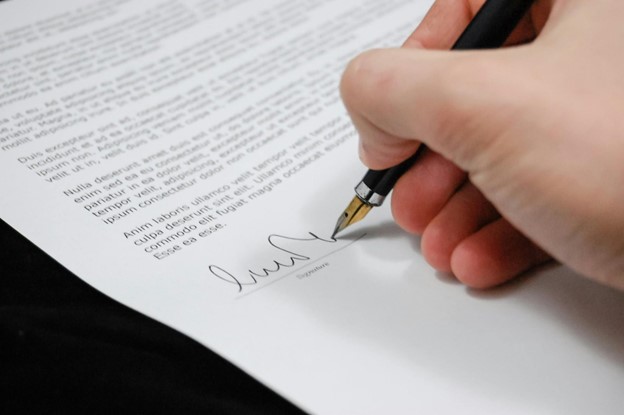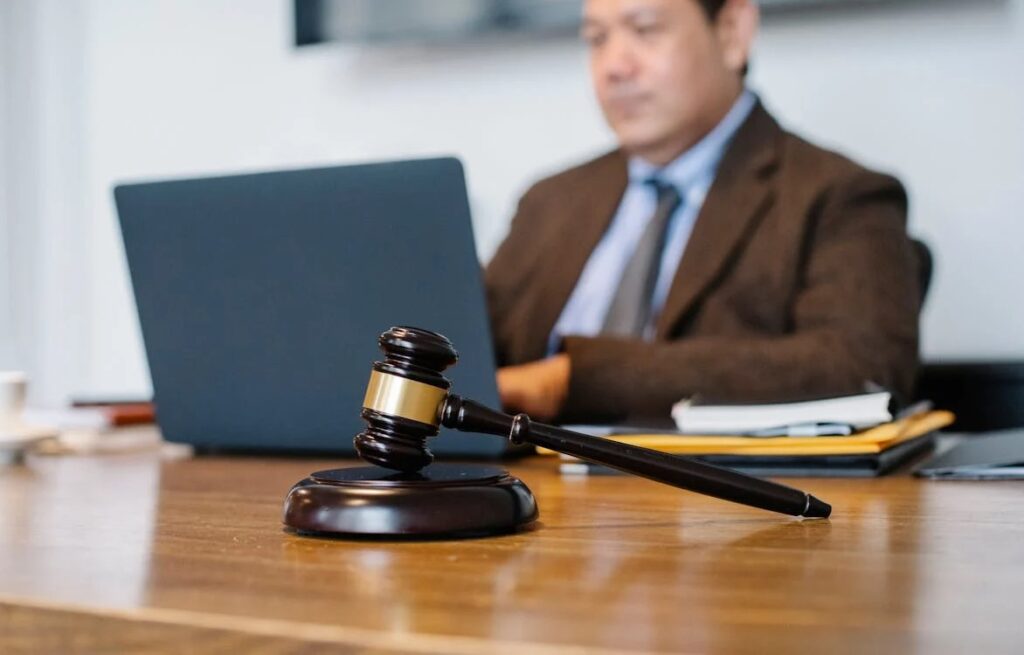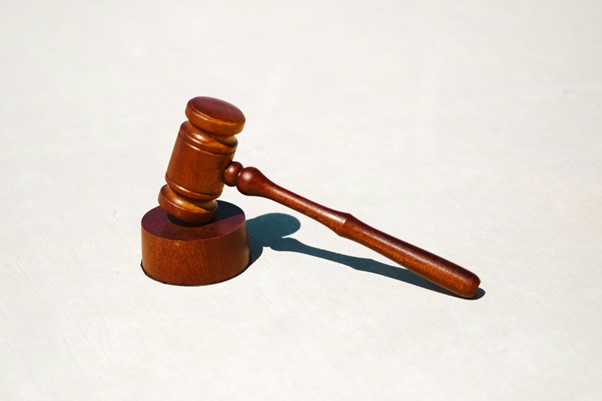My blog focuses on Legal Affairs. All of us at risk of some sort of personal injury which is due to someone else’ doing necessitating the need for legal counsel. The following contributed post is entitled, Top 3 Reasons You Need A Personal Injury Solicitor.
* * *
You don’t plan to find yourself in an accident, but every day in the UK, hundreds of people experience this. Their lives and routines are upended because something went wrong. And you can’t prepare for an accident. The clue is in the word itself. It’s an event that takes you by surprise and wasn’t supposed to happen.
And for many people, the aftermath of an accident means a lot of paperwork, doctor’s visits and a whole lot of financial stress. This is where injury solicitors come into the picture.
They’re the legal experts who determine if you are entitled to compensation and get you the help you need to compensate you for what has happened. In 2023-2024, over 477,000 personal injury claims were made, and not surprisingly, the majority were made for some pretty common reasons. Let’s take a look.
Car Accidents
Road collisions are the top reason why people get expert help from a personal injury solicitors. In the UK, there are over 900 car accidents a day on the roads, so it makes sense that this is where the majority of claims arise.
And even if you walk away from an accident, you can still be entitled to compensation if it wasn’t your fault. Legally, things can really be messy, even without any injuries you need to recover from, but especially if there are injuries sustained.
A solicitor does all the things you don’t know how to do and even the things you didn’t realise needed to be done. They can assess the incident, compile evidence, and help you move forward.

Workplace Injuries
A slip on a wet floor, an injury from poorly-maintained machinery, carelessness from your employer, or willfully flouting health and safety rules resulting in you being injured? All common workplace mishaps and issues that result in damage to your body.
And if your employer is unwilling to deal with it or you’re not satisfied with how they’re dealing with things, then you need legal help to help you get the support you need.
Claims of this nature will go through your company’s insurance provider, not your manager. And when you have a solicitor fighting your corner, they can help you get the information you need to see where they failed you. Without them, you’d never get this information. So it makes sense that if there has been a major breach in your workplace, you get a solicitor to help you out.
Medical Malpractice
Medical malpractice is sadly common, and thousands of people have been misdiagnosed or have undergone surgery that has gone wrong and ruined their lives. Sadly, medical negligence is really hard to navigate, and it doesn’t always lean into supporting the wronged party. The doctor will always be protected to a point, and this makes getting things done alone extremely difficult. Solicitors can bring in independent bodies to review what has happened, gather timelines, evidence, and put together irrefutable proof of what went wrong.









